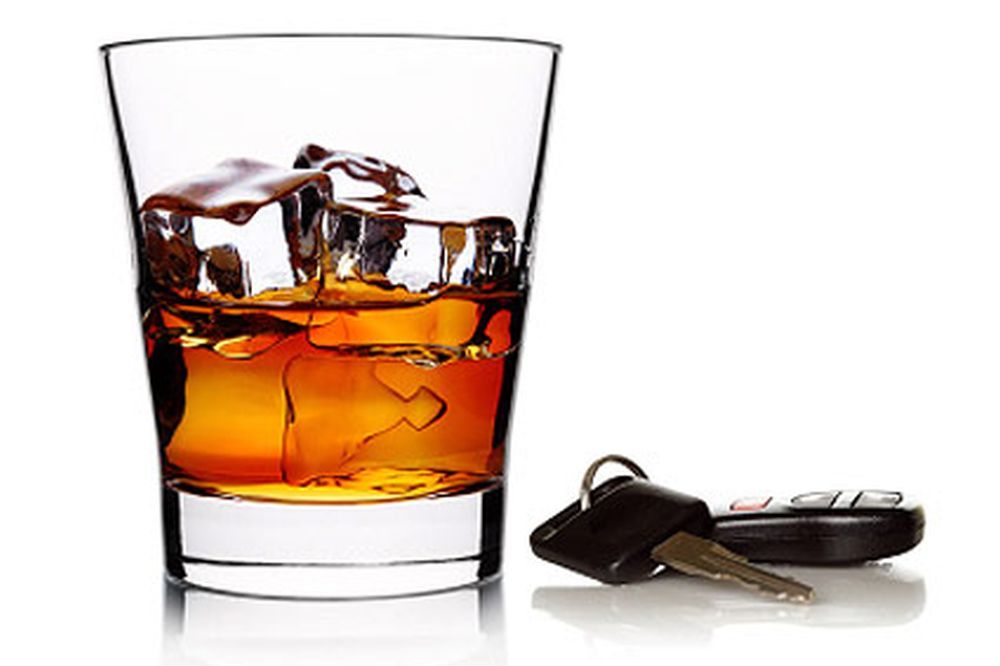Are You Over-Insured? How to Tell If You Have the Right Auto Insurance
Do you wonder if you are over-insured with auto insurance? Are you worried you have too much coverage, or maybe not enough? The lower the costs of your car insurance, the more money you save every month. But sometimes, the right amount of coverage isnt always immediately clear. To determine the right amount of insurance for your car, you first need to evaluate all the things that your car insurance policy covers.
Do you need collision or comprehensive coverage? Collision coverage pays for the repair of physical damage to your car caused by an accident regardless of fault, while comprehensive coverage will pay for losses due to events such as fire, theft, vandalism, flood, or hail. If you dont drive your car much, or your car is more than 10 years old, consider dropping these types of coverage as the replacement cost of the car may not be worth it.
What types of liability coverage do you need? In most states, it’s illegal to drive a car without liability insurance. Liability coverage pays for any damage you may cause to other people in an accident. This includes personal injury, medical bills, and property damage you may cause another person.
Do you have gap coverage? Gap coverage compensates the driver for the difference between what your car is worth after an accident and what you owe the lender in case you are forced to get a new vehicle. If you don’t owe any money on your car, or you dont have gap coverage, consider not buying it.
Are you taking any other additional coverages? There are a variety of other coverages you could get: towing and labor, rental reimbursement, emergency roadside assistance, glass breakage, etc. These are all additional coverages that you must consider. Ask yourself whether you need them and if the extra coverage will benefit you in any way.
Can you raise your deductible? Raising your deductible is often a great way to lower your premium. For example, You might go from an annual premium of $900 to $650 just by raising your deductible from $500 to $1000. Increasing the deductible will lower the overall cost of insurance, but it will also reduce the amount available for any claim you make.
Are you eligible for any discounts? There could be discounts available for you that you may not be aware of. Generally speaking, car insurance companies offer discounts for low-mileage drivers, drivers with a good driving record, young drivers with good grades, as well as veterans or military personnel.
Are You Over-Insured? Evaluating coverage options can be more complicated than it seems, so it is important to speak with a professional to ensure youre not over- or under-insured. Taking the time to shop around, research your options, and weigh the costs and benefits can all help you get the right auto insurance coverage for your situation.
Can you save money with higher deductibles? Higher deductibles can save money on your policy, but it will also reduce the amount you can claim. It is important to decide if the recovery of any losses due to an accident is worth the savings you will get on your monthly premium.
Do You Need Uninsured Motorist Coverage? Uninsured motorist coverage will pay for damages to you and your car if someone without liability insurance has an accident with you. If you don’t have much to protect when it comes to your car, it may not be necessary to pay for this coverage.
What are Your Liability Limits? Liability limits is an important part of your auto insurance because it dictates the maximum amount that your policy will pay out for injuries, damage, and medical bills. Make sure you have an appropriate amount so that you and your car can be properly covered in case of an accident.
Are you covered in the event of medical expenses? Medical expense coverage pays for injuries sustained by the driver and any passengers in the car in case of an accident. If you don’t need much medical coverage due to having good health insurance, you may not need to pay for this coverage.
What kind of replacement car coverage do you have? Replacement car coverage pays for a rental car while your car is being repaired due to a covered loss. If you are in an accident, make sure that you have enough coverage so that the rental costs aren’t too expensive or that you are out of pocket for the rent.
Do you have glass coverage? Glass coverage pays for broken windows and windshields. If your car is newer and even a small chip in the windshield may be costly to repair, then this can be an important coverage to have. But if your car is older, consider waiving this coverage from your policy as its additional costs may not be worth it.
Are you getting a discount for being a member of any organization? Many insurance companies offer discounts for members of certain organizations, clubs, or associations. Ask around to see if you qualify for any additional discounts that you may be eligible to receive.
Are you getting a multi-vehicle discount? If you have more than one vehicle, many insurance companies offer a multi-vehicle discount. You can also get multi-policy discounts if you bundle services such as home insurance or life insurance with your car insurance.
Are you paying for unnecessary coverage? Look through your policy carefully to see if there are any coverages that you are paying for that you may not need. Look at what you are covered for in detail and update your policy if you find any unnecessary coverage that you don’t want to keep. Do this regularly to free up your money and simplify your premiums.

